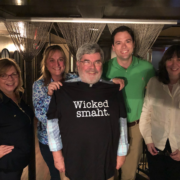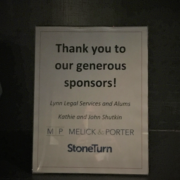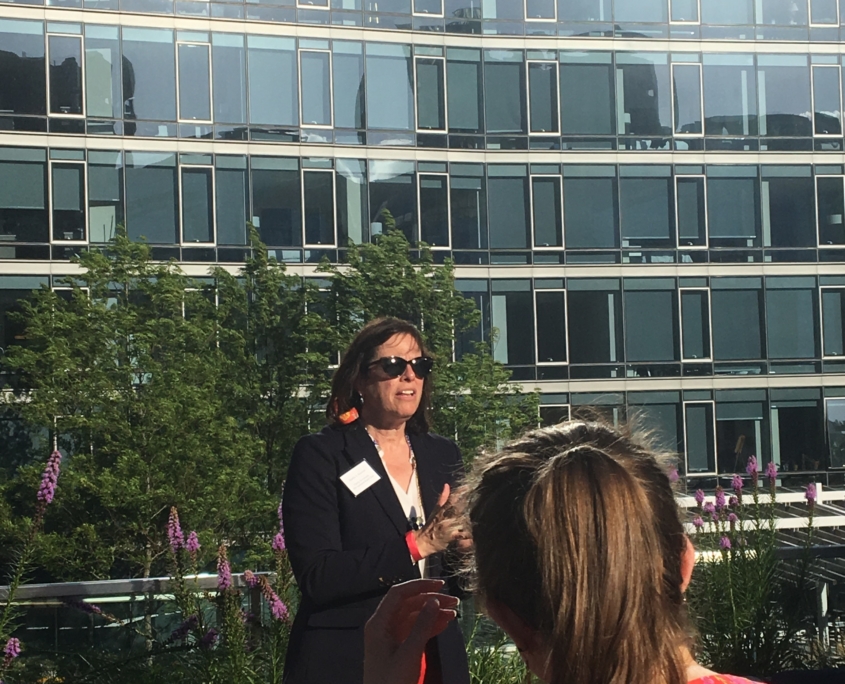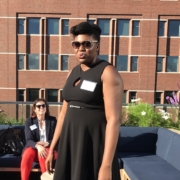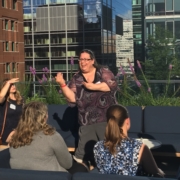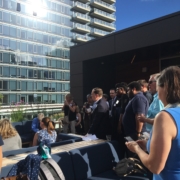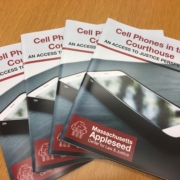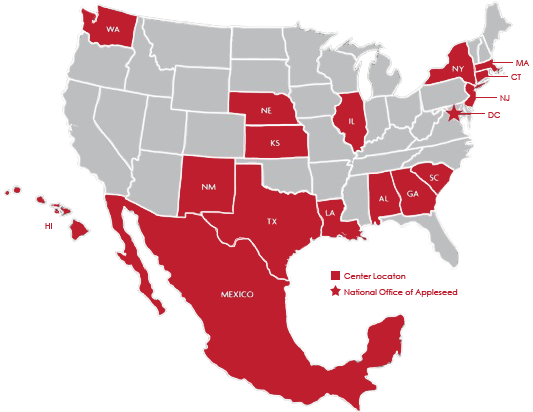Thank you to everyone who raised their voices and called their State Representatives to advocate for our FY20 budget priorities! The House budget debates have come to an end, and the results are in. And as is often the case with the state budget, the results are…mixed. To see the full, finalized House budget, click here. For a deeper dive into our budget priorities – safe and supportive school environments, civil legal aid, and youth homelessness – read more below.
Safe and Supportive School Environments
Adequate funding to continue the implementation of the Safe and Supportive Schools program is necessary to ensure that all students are empowered to succeed in school. However, last month the House rejected Rep. Ruth Balser’s Amendment #1099 to maintain funding at $500,000, instead reducing funding for this line item to $400,000.
The Safe and Supportive Schools law was passed in 2014 to support an expansive and innovative vision of safe and supportive whole-school cultures that address many barriers to learning in Massachusetts schools.
But without level funding in 2020, the Safe and Supportive Schools Grant Program, statewide conferences and leadership summits, a second independent evaluation of all activities, and more may go unfunded. We will advocate for $500,000 – the same amount as last year – for inclusion in the Senate in order to continue this vital work.
Click here for more information about this issue.
Civil Legal Aid
The Massachusetts Legal Assistance Corporation (MLAC) line item (0321-1600) funds free legal services in civil matters for low-income residents of Massachusetts and is an enormously important component of the fight to ensure access to justice in the Commonwealth.
For low-income families facing devastating civil legal aid problems – such as eviction or domestic violence, civil legal services, funded by MLAC, are often their last hope.
The House increased civil legal funding to $23.6 million in its final budget. This is an improvement from the budget recommendations initially released by the House Committee on Ways & Means, but less than Rep. Balser requested in Amendment #1095 and much less than MLAC’s original request of $26 million. Thank you for your advocacy to bring us this far, and we look forward to fighting for the full requested increase in the Senate.
Click here for more information about this issue.
Youth Homelessness
Housing and Support Services
Despite reports of youth homelessness on the rise in Massachusetts, the House rejected Rep. James O’Day’s Amendment #883, which would have increased funding for services and support for youth experiencing homelessness to a much-needed $5 million.
Increased funding for this line item (4000-0007) is vital if we are going to build on past progress and create a sustained, systematic, and effective response to end youth homelessness in Massachusetts.
We are deeply disappointed that the House failed to increase funding for these critical programs to support youth experiencing homelessness, and will continue to push for increased funding in the Senate.
Click here for more information about this issue.
Massachusetts State ID
Government issued identification is necessary to complete many crucial and daily tasks, such as opening a bank account, enrolling in education programs, getting a library card, entering certain government buildings, and more.
But youth experiencing homelessness face several barriers that often prevent them from obtaining ID.
Rep. Kay Khan refiled a bill addressing this issue again this year (despite broad support, the bill failed to pass last session) and she also filed two amendments to the House budget that would have helped eliminate the barriers youth experiencing homelessness face now.
Unfortunately, Rep. Khan’s budget amendments were also not adopted by the House last month. While we will continue to advocate for the refiled bill seeking to solve this throughout this legislative session, we are hopeful that the Senate will include similar language in their proposed budget. Including this language in the final FY20 budget would allow youth experiencing homelessness to access IDs sooner rather than later.
These changes to ensure youth experiencing homelessness are able to obtain state ID should not be controversial. These are common-sense reforms that repair the damage insurmountable hurdles – such as a $25 application fee or requiring a permanent address – have caused for our most vulnerable youth.
Click here for more information about this issue.
So there it is…the first stage of the 2020 budget battle is over. And when it comes to our students, our low-income neighbors, our young people most in-need, we have one thing to say to the Legislature: We must do better.
Thank you for raising your voice and standing up for these key line items in the state budget. The Senate Committee on Ways & Means is scheduled to release its budget recommendations TOMORROW, with amendments due this Friday at noon, and we hope you join us again! Each and every time you reach out to your State Legislators and lend your voice to the chorus calling out on behalf of indigent communities, you are bringing us one step closer to a more equal and just Massachusetts.
Want to stay informed on the latest issues Massachusetts Appleseed is working on?
Sign up for future action alerts.
![]()









